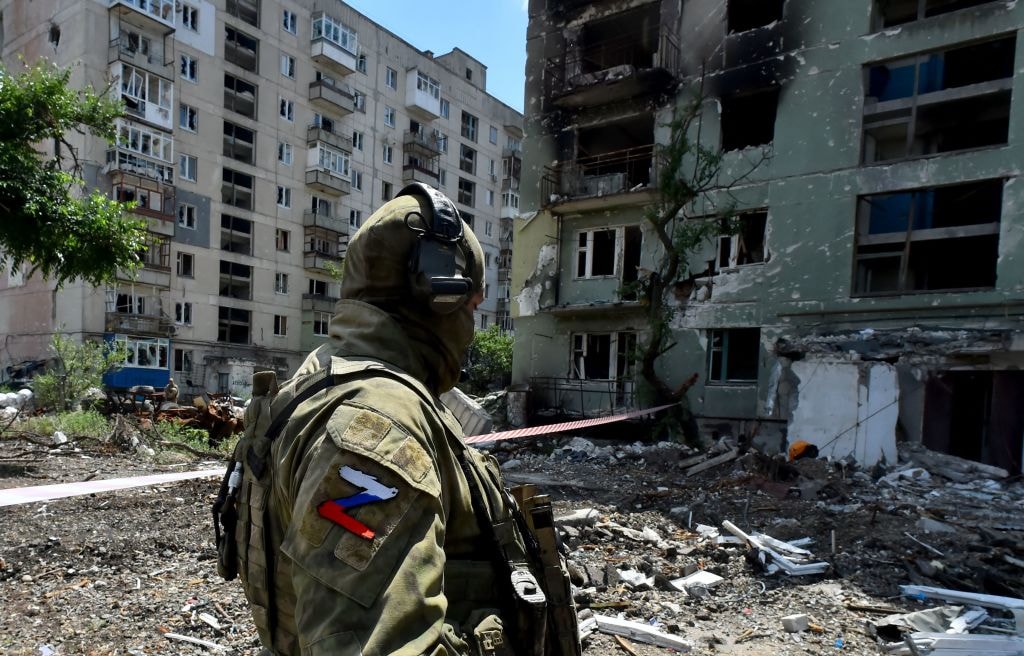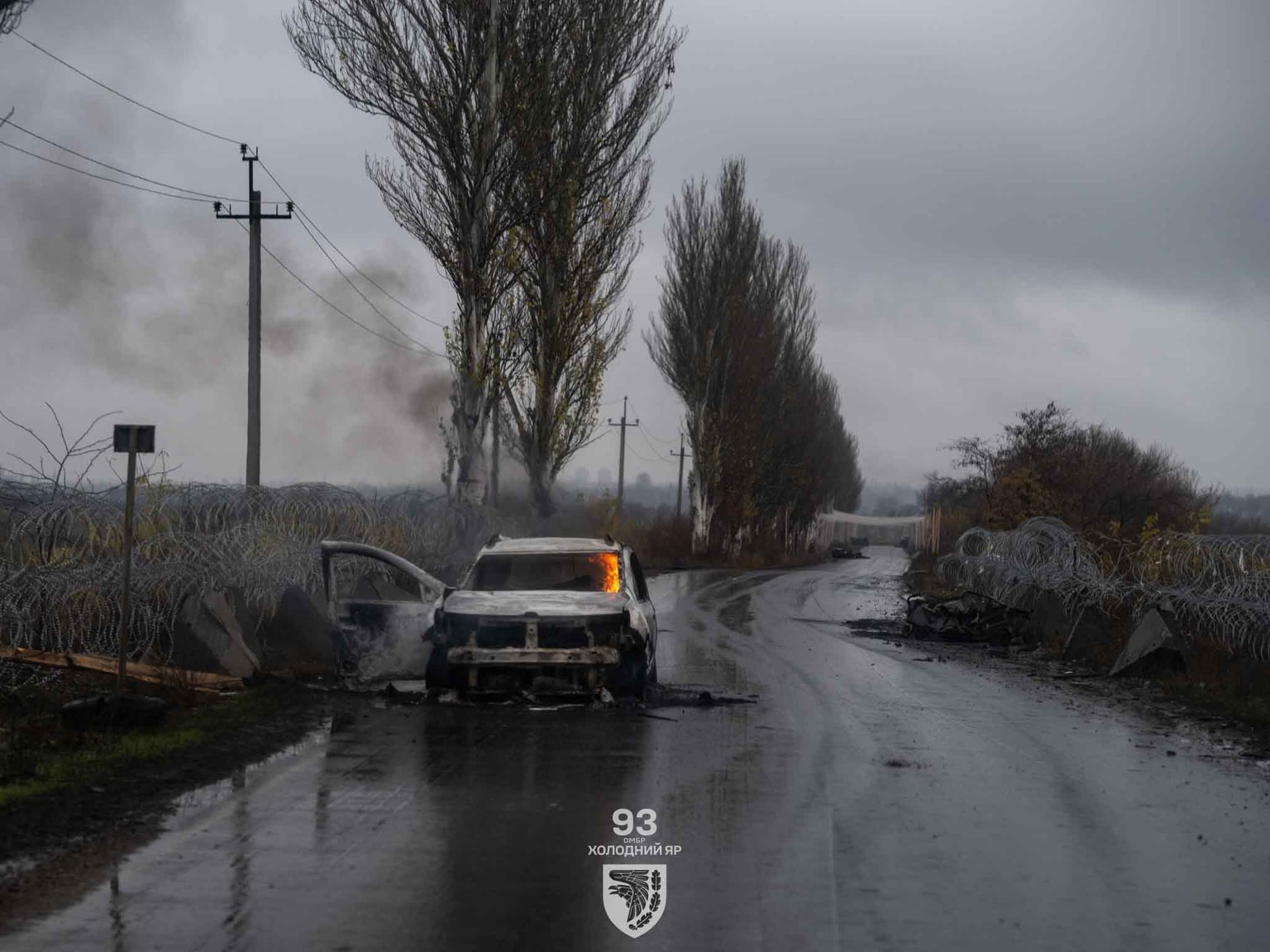
Chemical weapons
News Feed
Iran's Supreme Leader Khamenei is dead, Iranian state media confirms
"Khamenei, one of the most evil people in History, is dead," Trump wrote on Truth Social on Feb. 28. He also said the bombing of Iran would continue for at least the next week.

US, Israeli missiles strike Iran — here's what it means for Russia
"Our objective is to defend the American people by eliminating imminent threats from the Iranian regime," Trump said in a video posted to his Truth Social, confirming U.S. invovlement in the strikes.

Russia would accept security guarantees for Ukraine, Budanov says
"At past negotiations, the Russian side directly said that they would accept the security guarantees offered to Ukraine by the U.S.," the head of the President's Office, Kyrylo Budanov, said on Feb. 28.

'Freedom to the Iranian people' — Kyiv voices support for US-led strikes on Iran
"The reason for the current events is precisely the violence and arbitrariness of the Iranian regime, in particular the murders and repressions against peaceful protesters, which have become particularly large-scale in recent months," the Foreign Ministry said in its Feb. 28 statement.

Ukraine sanctions Russian postal services delivering to occupied territories, Zelensky says
Among the companies sanctioned are Russian DPD service and Freightlink, joint-stock companies registered in Russia, according to a document attached to a decree published on the Office's website, signed by Zelensky on Feb. 27.

Russia condemns US attack on its ally Iran as 'unprovoked act of aggression'
Russia and Iran have deepened cooperation in recent years, with Tehran supplying drones and other military equipment used by Russian forces in the war against Ukraine.

Most Popular

The drone hit a tree around 3 p.m. local time in Kyivskyi district on Feb. 25. No casualties were reported, the regional prosecutor's office said.


















